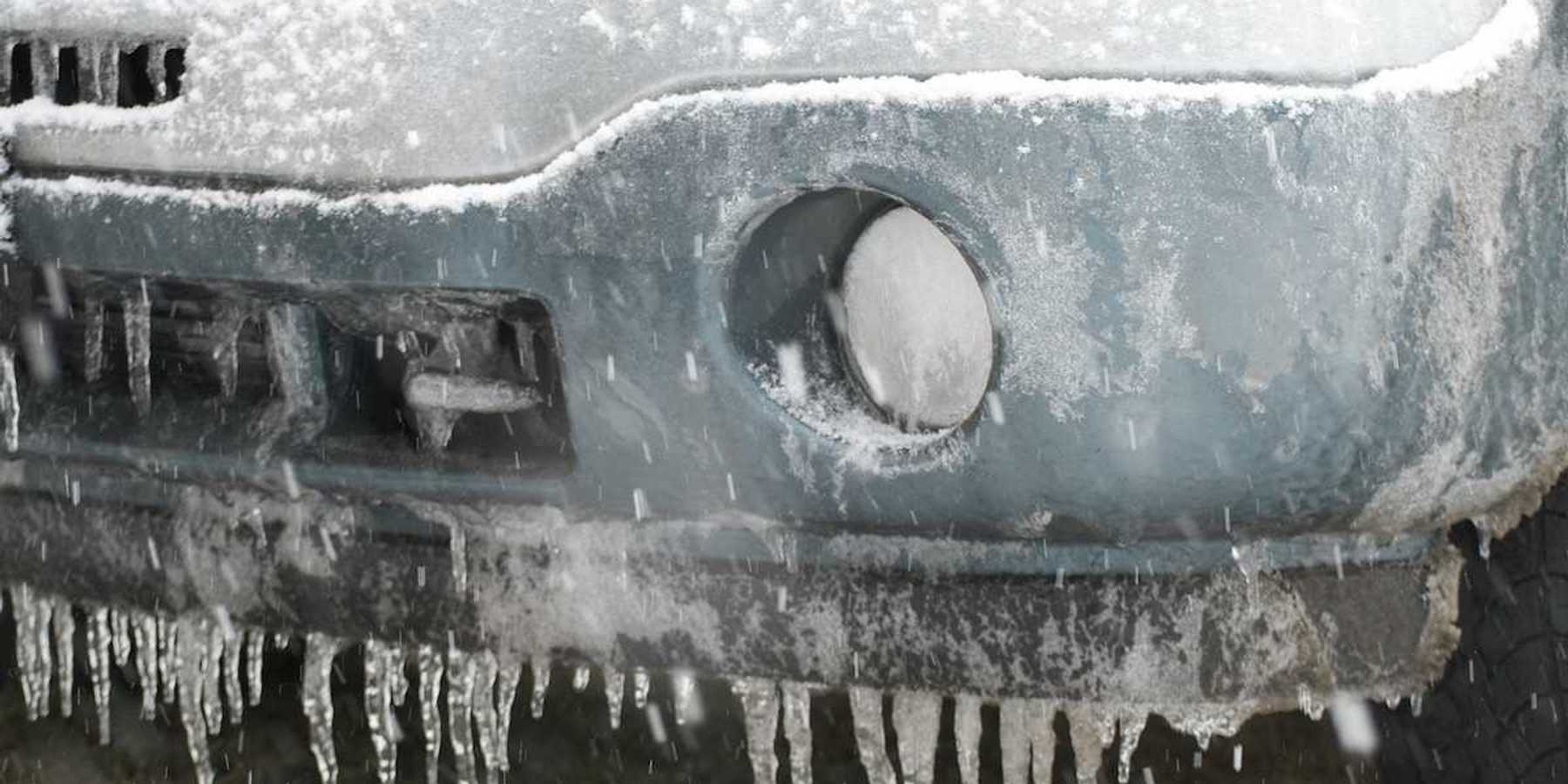England to require solar panels on all new homes starting in 2027
Almost all new homes built in England from 2027 will be required to include solar panels, as the government advances its net zero strategy despite recent political criticism.
Eleni Courea reports for The Guardian.
In short:
- Housebuilders must install solar panels on new properties starting in 2027, adding £3,000 to £4,000 to construction costs but potentially saving homeowners over £1,000 annually on energy bills.
- The government also plans to offer loans and grants to retrofit existing homes with solar panels, reinforcing its commitment to net zero goals.
- The Labour Party's renewable energy agenda faces opposition from figures like Tony Blair and some unions, who argue current policies lack sufficient investment in green jobs and technologies.
Key quote:
“We have always been clear that we want solar panels on as many new homes as possible because they are a vital technology to help cut bills for families, boost our national energy security, and help deliver net zero.”
— Government spokesperson
Why this matters:
The shift toward mandatory solar panels on new homes reflects a growing acknowledgment that residential buildings are a key battleground in the fight against climate change. Housing accounts for a significant share of energy use and greenhouse gas emissions in the UK and globally. By requiring solar panels, the government aims not only to reduce carbon footprints but also to shield homeowners from volatile energy prices. However, the policy exposes broader tensions in the clean energy transition, particularly around pursuing environmental goals while addressing economic and employment concerns.
Related: Britain races to overhaul power grid for the clean energy era













